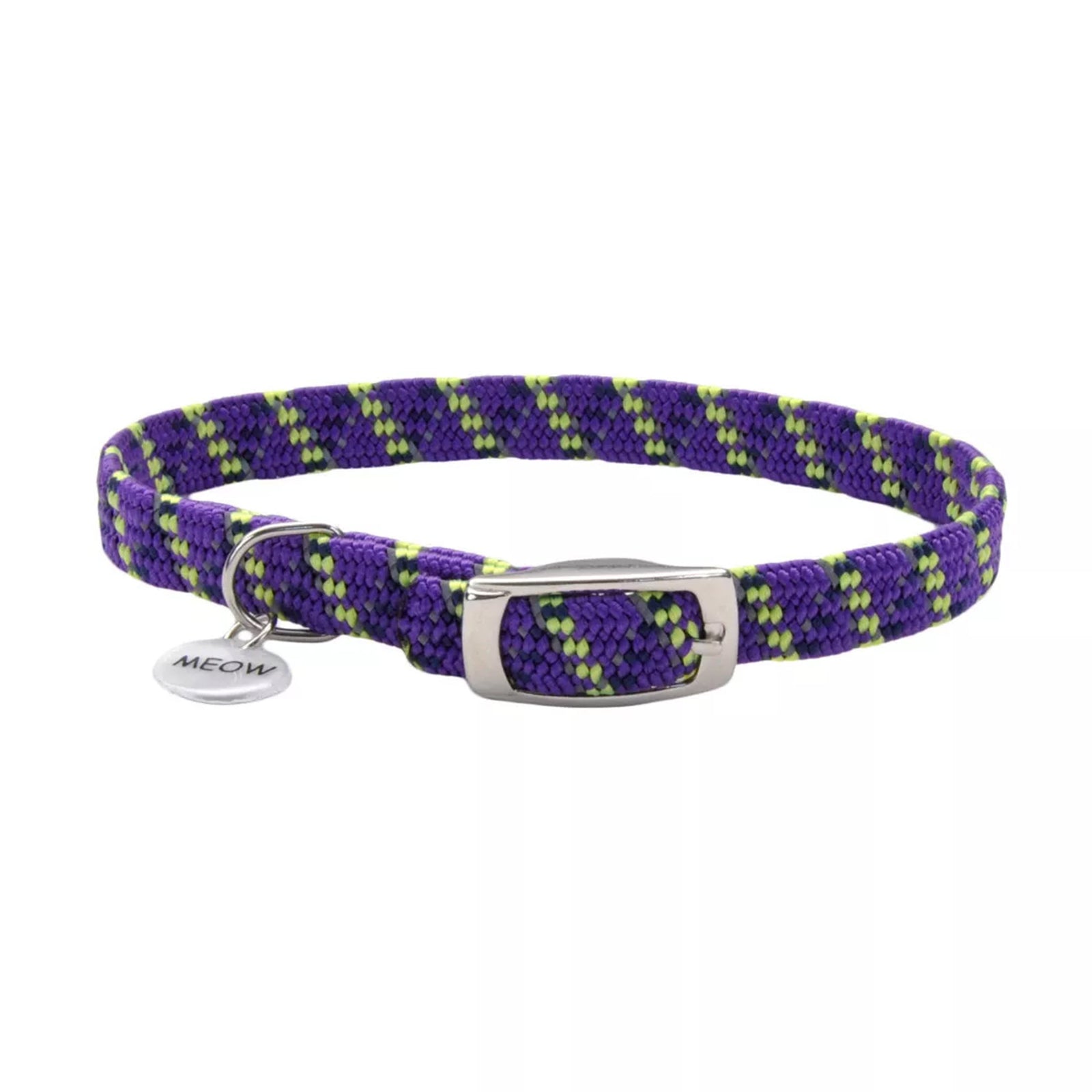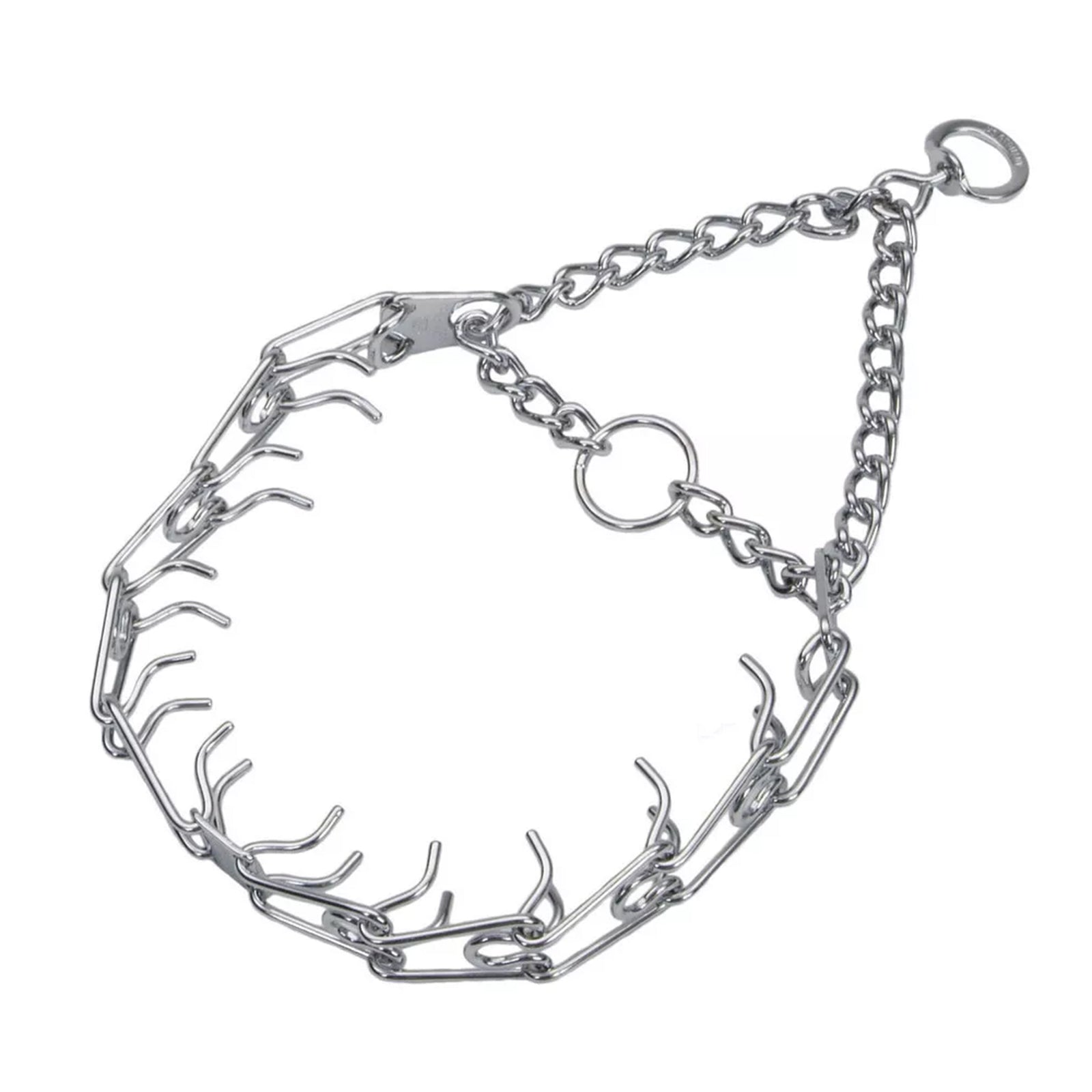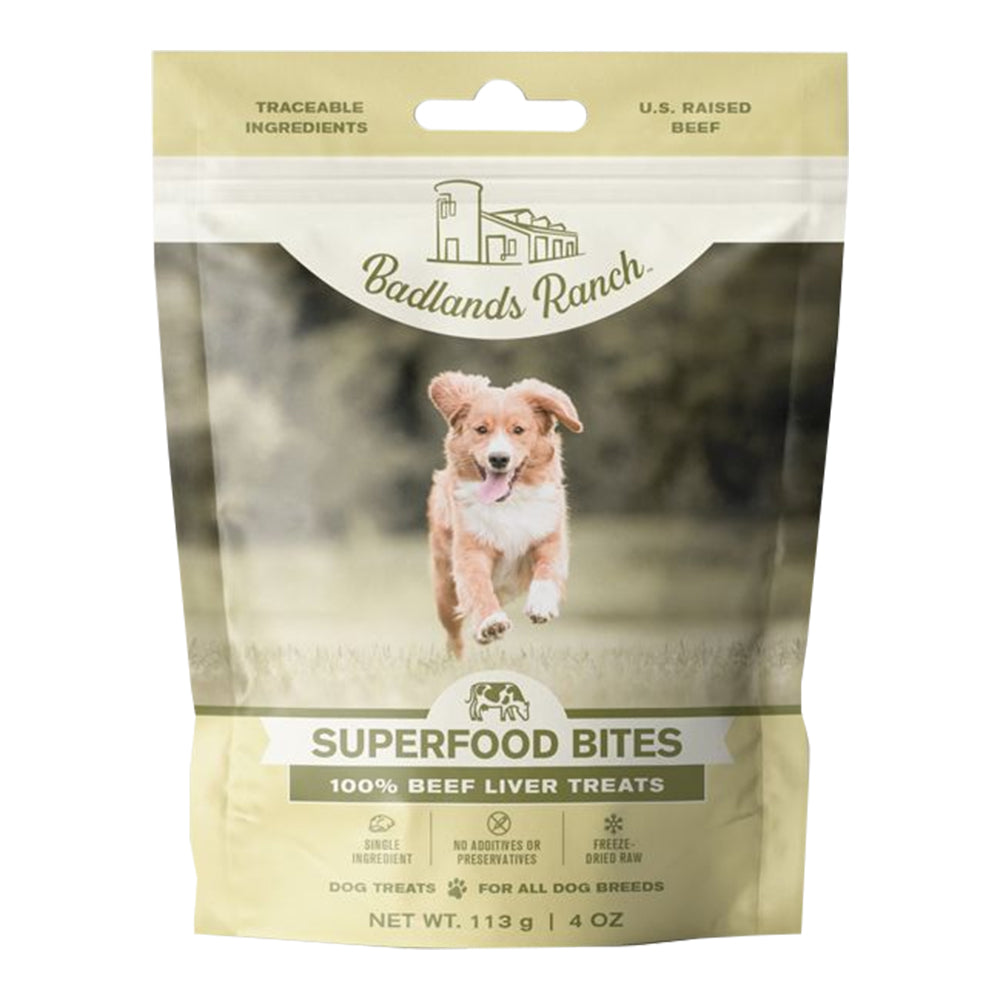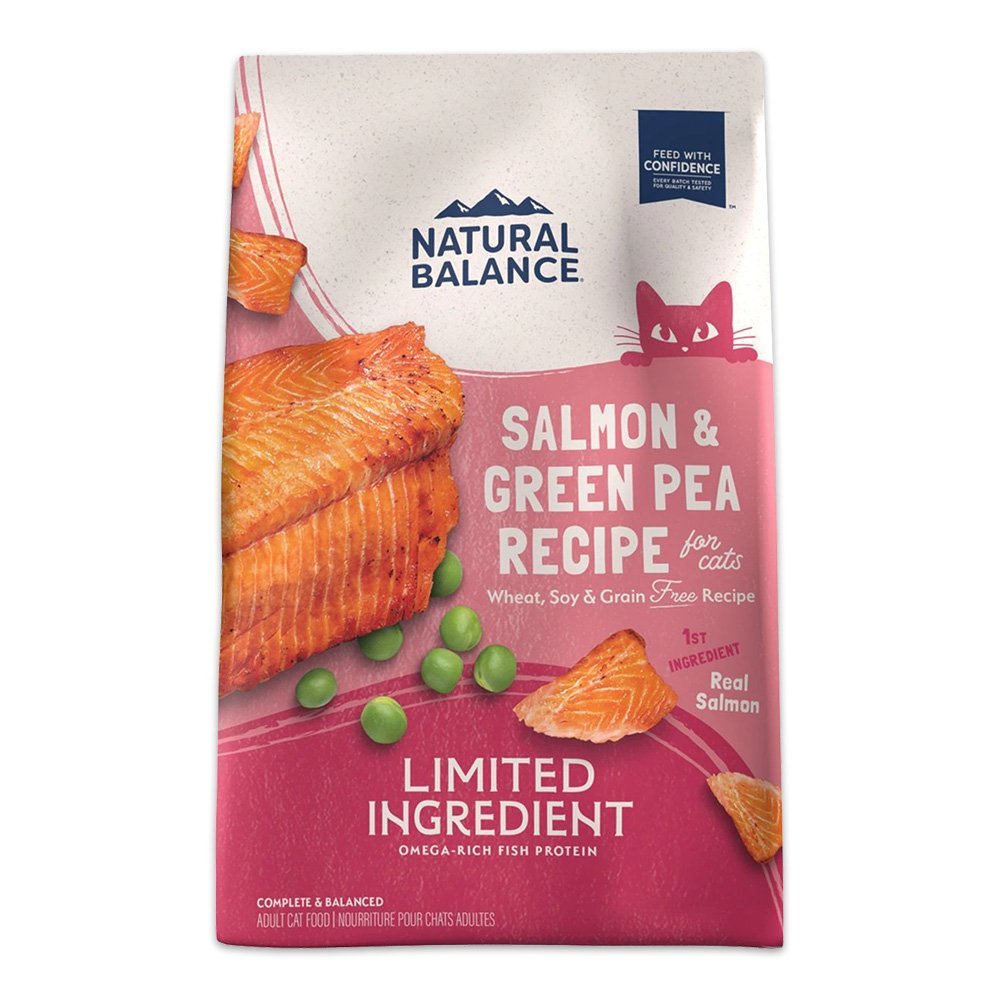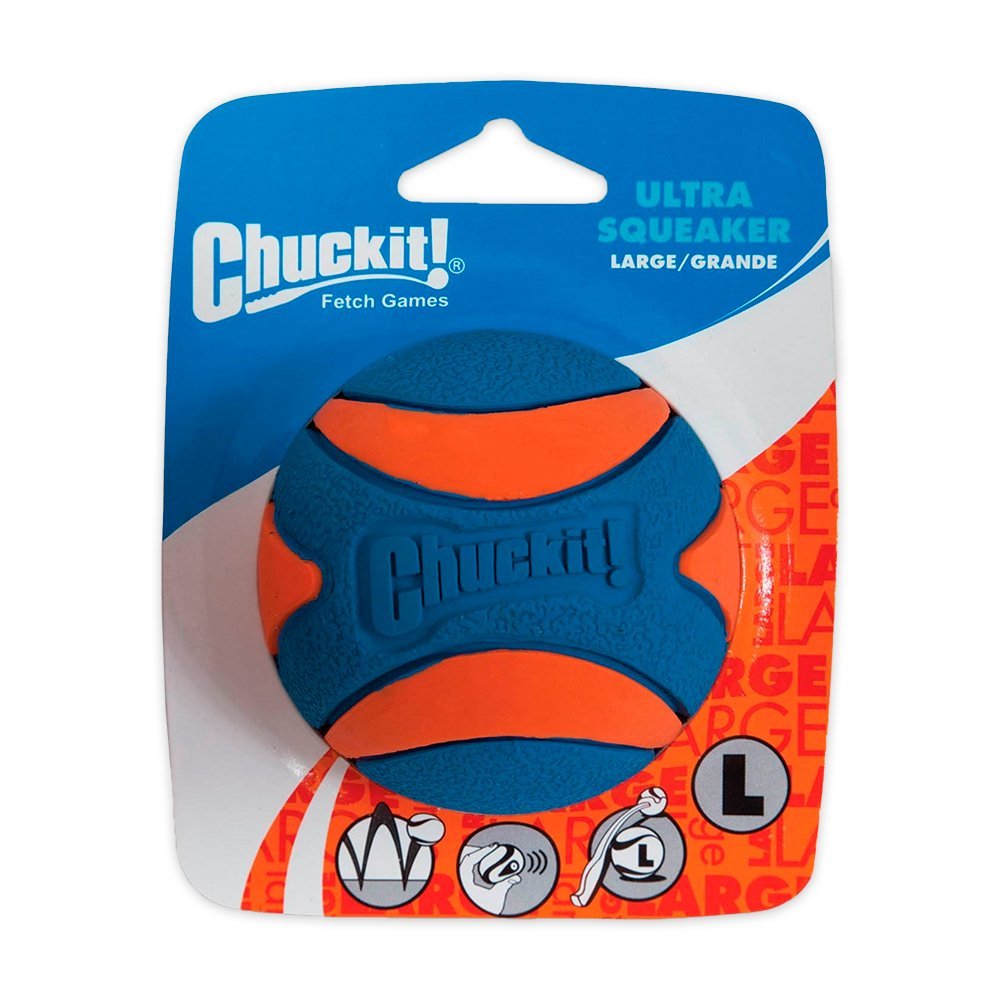📌 Can Cats Eat Oranges? A Complete Guide
- Discover why cats should avoid oranges and other citrus fruits.
- Learn the risks of essential oils and citric acid for cats.
- Find out the symptoms of orange toxicity in cats.
- Get tips on safe, healthy treat alternatives for your cat.
- Understand why some cats are drawn to oranges despite the risks.
Did you know that the world will produce over 45 million metric tons of oranges in 2024/25? Oranges have always been a part of the human diet from breakfast tables to tall glasses of juice. But while we humans enjoy this vitamin C-packed citrus, you might wonder—can cats eat oranges? It’s a quirky question that cat parents often ask when their curious feline sniffs around the fruit bowl.
Read on to know about the facts, risks, and surprising science behind oranges and cats. This way, you will know whether this juicy fruit should make it to your furry bestie’s snacks or not.
Can Cats Eat Oranges?
No, cats should not eat oranges or mandarins. Or lemons. Or limes. Or any other citrus fruits. Even if your cat tries to have one slice, it can cause trouble. Oranges are not recommended for cats and can cause complications to their gut health.
Unlike individual beings, who often benefit from the vitamin C in citrus, cats are obligate carnivores. Their digestive systems are designed for meat, not fruit—especially not fruit that contains oils and compounds harmful to them.
So next time your kitty gives you that “just one bite” look, resist! That orange is safer for your belly, not theirs.
Why Are Oranges Unsafe for Cats?
Let’s dig deeper into the few reasons that make oranges unsafe for your house cat and explain in detail why the answer to can cats eat oranges remains a firm “no.”
1. Essential Oils equals Essentially Dangerous
Oranges, just as other citrus fruits, contain essential oils like limonene and linalool. These are completely natural but highly toxic to cats. Now you may think where are these compounds found? In the peel, pulp, and even the juice of oranges. When cats gulp these essential oils, their liver struggles to break them down, causing a lot of problems.
2. Citrus Psoralens in Peels & Seeds
Citrus fruits like oranges contain psoralens. It is a plant chemical that sounds cool but actually causes real trouble for cats. If your kitty grabs a bite, they could end up with an upset tummy, throwing up, or dealing with the runs. In worse cases, they might even get the shakes or feel chilly from a drop in body temperature. Definitely one of the experiences you would not want your cat to have!
3. Citric Acid Overload
Citric acid is what gives citrus fruits their unique taste. In cats, it can irritate the stomach lining. This can lead to health-related issues and much, much more. Cats’ bodies are just not built to handle it.
4. Cats Don’t Even Like Citrus
Fun fact: Cats naturally avoid citrus scents. In fact, many pet parents use orange or lemon peels in gardens or around furniture. This technique helps them to save their precious belongings from the sharp claws.
Let’s answer one more question that might be buzzing in your head: Is it just oranges, or can cats eat citrus fruits of other categories?
Bad news: It’s pretty much all of them. So if you’re thinking beyond whether cats can eat oranges and wondering about lemons, limes, or grapefruits—the answer doesn’t change.
| Citrus Fruit | Safe for Cats? | Risk |
| Oranges | No | Toxic oils, psoralens |
| Lemons | No | Even higher in essential oils |
| Limes | No | Strong citric acid & oils |
| Grapefruit | No | Bitter and toxic |
| Tangerines | No | Same as oranges |
| Clementine's | No | Smaller, but just as dangerous |
The rule is straight: If there is citrus present, skip it.
Symptoms of Orange Toxicity in Cats

So, can cats eat oranges without any symptoms? Absolutely not. Here’s what can happen if a cat gulps an orange slice:
-
Excessive drooling
-
Vomiting
-
Diarrhea
-
Lethargy or weakness
-
Tremors or shaking
-
Photosensitivity (sudden fear of sunlight or light sources)
-
Low body temperature
-
Lack of appetite
-
Skin irritation (especially if citrus oil was touched, not just ingested)
Symptoms may show up within 30 minutes or take a few hours. It depends on how much they ate and how sensitive your cat is.
Important note: A few drops of orange juice can cause issues in some cats. There’s no “safe” portion of citrus.
What happens if a cat eats an Orange?
First things first: Don’t panic. Calmness always helps in overcoming even the biggest problems.
Step-by-Step:
Step 1: Remove the Orange: Take away any leftover orange or peel to prevent further snacking.
Step 2: Check the Label: If the orange was part of a juice or treat, administer it if it had any essential oils or added citrus extracts.
Step 3: Keep an eye on Your Cat: Symptoms like vomiting, drooling should be looked at. If by chance they touched an orange peel with paws or fur, give them a gentle wipe.
Step 4: Have a Chat with Your Vet: Even if symptoms seem not too big, it’s always best to take advice from a professional. You can also try contacting a pet poison hotline. Quick action makes things less bad.
Step 5: Don’t Try to Treat It at Home: No milk. No induced vomiting. No "wait and see." Leave the diagnosis and treatment to the professionals.
Better Alternatives: Cat-Safe Fruits
Since the answer to can cats eat oranges is always “no,” here’s a list of fruits that are actually safe in small quantities:
| Fruit | Safe for Cats? | Notes |
| Apples (peeled, seedless) | Yes | Slice thinly, no seeds or core. |
| Blueberries | Yes | Rich in antioxidants, fun to bat around. |
| Bananas | Yes | Soft and easy to digest. |
| Watermelon | Yes | Seedless only! Great for hydration. |
| Strawberries | Yes | A sweet treat, but not all cats will like them. |
| Cantaloupe | Yes | Surprisingly popular with some cats. |
Why Do Some Cats Try to Eat Oranges Anyway?
This one’s a mystery. If you ever wonder why cats eat oranges is such a debated topic—it’s because a small number of cats will try regardless of the risks.
They might be intrigued by:
-
The texture of the peel (chewing = fun)
-
The color (bright = interesting)
-
You’re eating it (so it must be good)
-
They’re just being rebels (because they can)
Most cats naturally avoid citrus. However, there’s always that one outlier who wants to defy expectations.
Best Cat Treats That Won’t Harm
So what are the best cat treats you can safely give instead?
Here are some options that are way more fun (and safe!) than an orange slice:
1. Greenies Feline SmartBites Healthy Indoor Cat Treats (Tuna & Chicken)
Crunchy on the outside and creamy inside, these treats support dental and digestive health.
Benefits:
-
Promotes oral hygiene by reducing tartar and plaque
-
Supports digestive health with a fiber blend
-
Low in calories—ideal for indoor and overweight cats
- Has the taste of real tuna or chicken for flavor

Greenies Feline SmartBites Healthy Indoor Tuna Cat Treats 4.6-oz
2. Fruitables Limited Ingredient Crunchy Cat Treats (Chicken with Blueberry)
Scrumptious treat with real chicken and antioxidant-rich blueberries.
Benefits:
-
Low-calorie and protein-packed
-
Crunchy texture cats enjoy
-
Free from animal by-products
-
No artificial flavors or colors

Fruitables Limited Ingredients Chicken w/Blueberry Crunchy Cat Treats 2.5-oz
3. Temptations Classics Crunchy & Soft Adult Cat Treats Savory Salmon
Treats with a creamy filling and balanced nutrition that becomes cat’s favorite.
Benefits:
-
Under 2 Calories Per Salmon Cat Treat—guilt-free snacking
-
Complete nutrition for adult cats
-
Perfect sized treats for cat toys
-
Serve it any way your pet likes: a treat or meal topper

Temptations Classics Crunchy & Soft Adult Cat Treats Savory Salmon 6.3-oz
4. N-Bone Cat Chew Treat (Chicken)
A long-lasting chew that supports dental health and contains taurine for vital body functions.
Benefits:
-
Chewy texture helps clean teeth
-
Includes taurine to support heart and vision
-
Gentle on gums and easy to digest
-
Naturally flavored with real chicken

N-Bone Cat Chew Sticks Chicken 3.74-oz
5. PureBites Plus Skin & Coat Freeze Dried Cat Treats
Simplicity and the high-quality ingredients are the plus points of this brand.
Benefits:
-
100% Natural, Pure and High Protein
-
Nothing added like colors, fillers, or sweeteners
- Support daily skin and coat health

PureBites Plus Skin & Coat Freeze-Dried Cat Treats 1.09-oz
Bonus Fun Fact: Oranges as Cat Deterrent?
Weirdly enough, the very thing that makes oranges dangerous to cats also makes them handy for keeping cats out of trouble.
Some pet parents use orange peels to:
-
Keep cats off counters
-
Deter them from chewing houseplants
-
Protect furniture from scratching
The scent is enough to keep most felines far, far away. Just make sure they can’t actually ingest any part of it.
Conclusion
So, can cats eat oranges? That’s a big, zesty NO. A bite of orange might seem harmless to us, but for your precious furball, it might not be a safe food option. From essential oils to psoralens, citrus fruits and cats just don’t come together.
If your cat just decides to take a taste, keep calm, administer them closely, and reach out to your trusted pet doctor. As always, with a little vigilance and a lot of love, you can keep your fur baby far from all dangers.
Next time you want to share a snack with your cat, pay a little more attention. Skip the citrus and go for some cat-safe fruits or healthy treats. Their body and your vet bill will appreciate it.
Read more: What is the Best Cat Food for Indoor Cats?





